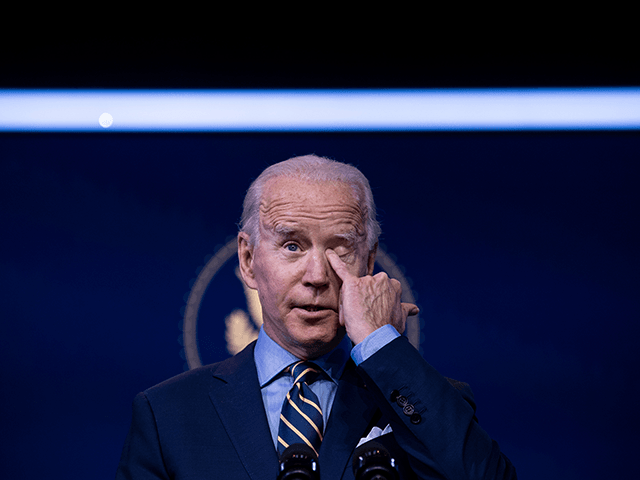American consumers are divided when it comes to the near-term economic future.
The University of Michigan said Friday that its preliminary survey for January pushed its index of consumer down to 79.2 from 80.7 last month, below the forecast. Both the assessment of current conditions and expectations for the future saw declines, adding to indications that consumers are growing wary about economic conditions.
But that small decline masks a deep divide between U.S. consumers who have become more hopeful following the election of Joe Biden and those who have become less hopeful.
From June to December, Democratic expectations improved 35.1 points. And in January, they rose again for a total gain of 43.3 points.
Republican expectations fell 38.9 points between June and December, although January saw a recovery of 10 points for a post-election decline of 28.9 points.
“The Trump and Biden partisan gaps in expectations are too extreme to be justified by economic fundamentals,” said Richard Curtin, the survey’s chief economist. “Rather, the partisan gaps are rooted in sharply different policy preferences, with one side favoring economic growth and efficiency, and the other side giving top priority to greater equity and fairness in the distribution of income and wealth.”
The partisan shift is the mirror image of what happened when Trump won election 4 years ago. The gap in expectations is now 72.2 points wide, compared with 7.46 points four years ago.

COMMENTS
Please let us know if you're having issues with commenting.